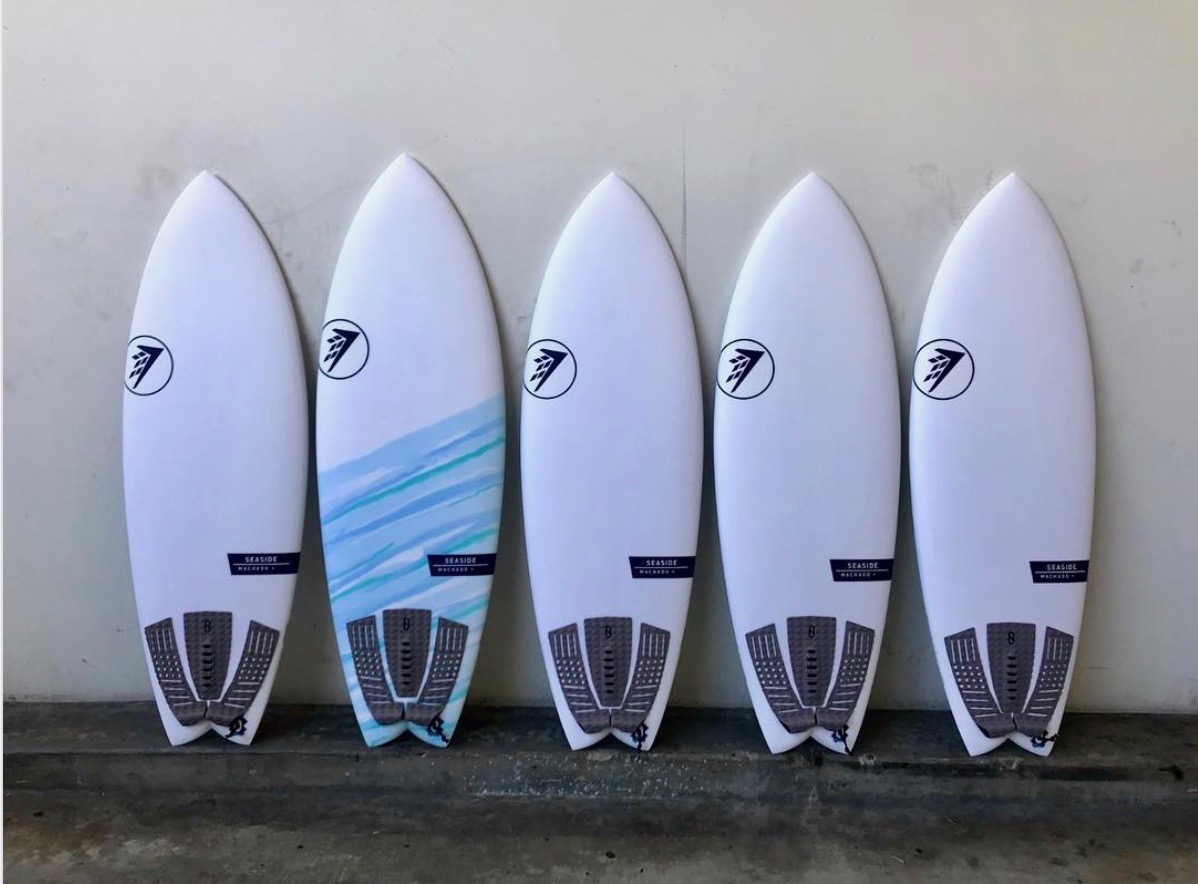Sole Tech plans to go carbon neutral
Sole Technology and its CEO Pierre André Senizergues are known for being environmentally aware. Company headquarters have solar panels and waterless urinals. About 70 percent of Sole Tech’s shoes are made with water-based cement instead of a petroleum base and packaging is made from recycled materials. Pierre helped fund the making of the environmental documentary “The 11th Hour.”
Pierre told me Monday morning he is taking his commitment one step further by vowing to make Sole Technology carbon neutral by 2020.
“That’s 12 years from now,” he said. “It’s a gigantic challenge.”
Pierre and Sole Tech Environmental Affairs Manager Roian Atwood conducted an environmental audit of the company over the course of nine months last year. They examined factories in China that make Sole Tech goods, including inspecting electrical systems and outside of buildings to see where waste from the factory went.
“Inside, the floors are shiny, everybody is smiling,” Pierre said. “They were surprised when we went outside to look.”
The duo visited Sole Tech’s offices in Amsterdam and New York. Calculations were made about the environmental impact of everything the company did, from shipping goods from factories in China to how many times employees drove between Sole Tech buildings in Lake Forest. A secret audit of trash and recycle bins was conducted to see how accurately departments sorted what they threw away.
In all, Sole Tech estimates the company annually generates 40,000 tons of carbon dioxide, or enough to fill 2.5 billion shoe boxes.
The biggest emission areas of the company were manufacturing footwear, 58 percent; the making of cardboard boxes, 18 percent; and 8 percent from logistics and shipping.
Sole Tech is receiving ideas from its 400 employees currently, and will soon have a plan of action for 2008 and beyond to help the company meet its conservation goals.
Pierre and Roian did share some ideas they have, including convincing the factories to upgrade their power mains to reduce emissions. Most are about 20 years old, and if upgraded will use less energy and save the factories money on utility bills. The cost to upgrade is between $5,000 to $30,000, Roian said.
The company will also talk to its suppliers and strive to work with shipping companies – including ground carriers and oceanic shippers – that have strong environmental initiatives.
“We’re a customer, and we are going to be voting with our dollars,” Pierre said.
Some ideas for reducing emissions from cardboard boxes include working harder to reuse large boxes sent by factories to Sole Tech and repurposing boxes Sole Tech uses to ship goods to retailers. Sole Tech will also work to strengthen the inner portion of shoe boxes so less material is used on the outer portion of boxes.
“It’s the eco age,” Pierre said. “We have to reinvent things. … like how to make a box.”
The audit also found that 57 percent of the internal waste Sole Tech creates is recycled, higher than the national average of 30 percent. Sole Tech wants to move its internal number to 70 percent in 2010. The study also found the 95 percent of the company’s water usage happens during the manufacturing of apparel. Roian said much of the water is used during the dying process. “There’s a long road ahead” in the apparel area, he said.
Pierre said the most exciting thing is that every employee is empowered to come up with conservation ideas for both Sole Tech and its supply chain.
“Four hundred people will be pushing for change at the same time,” he said.


![MIKE WEST THE DAILY 2[49]](https://shop-eat-surf.com/wp-content/uploads/2024/04/MIKE-WEST-THE-DAILY-249-600x400.jpeg)






